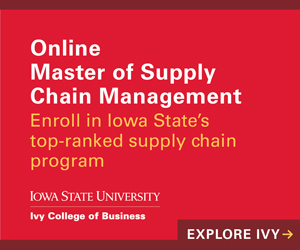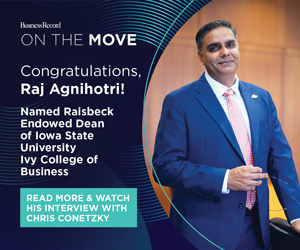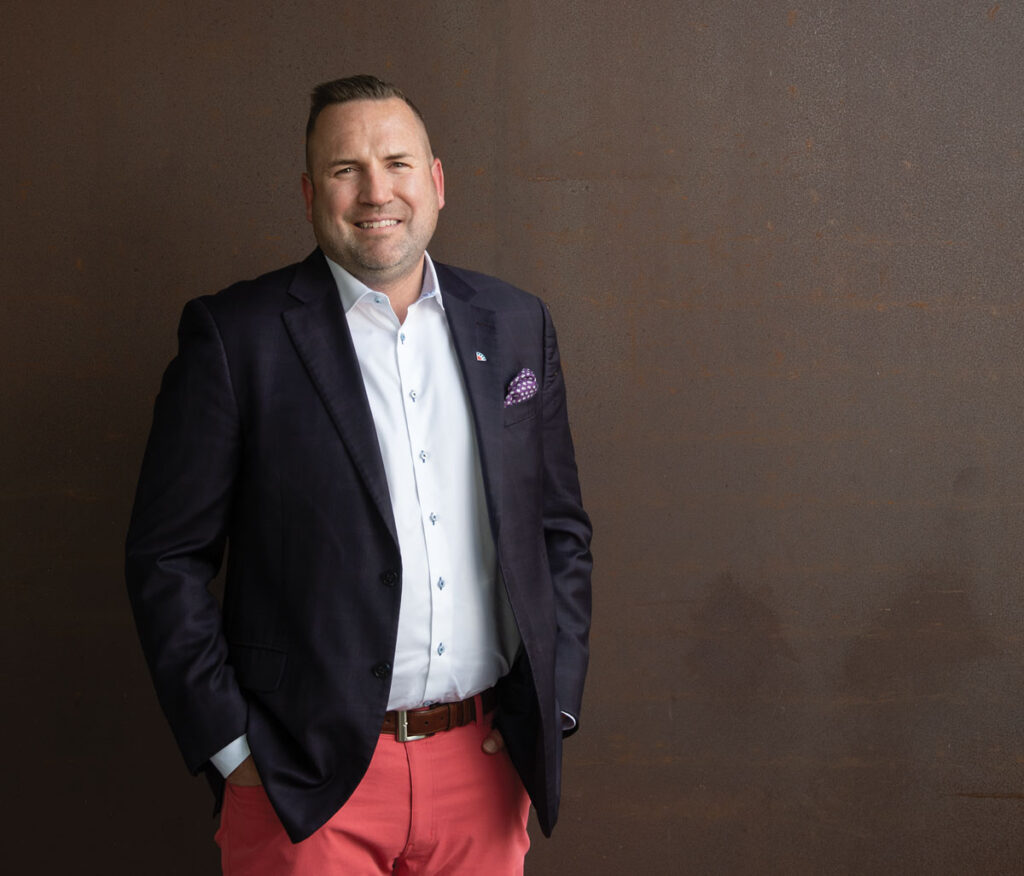It’s dark at the moment, but there’s light ahead
Frank Sesno is a journalist and educator who has taken a hard look at global events, often while interviewing world leaders, and come away with a sense of fear but not despair.
“I think we have some very serious, challenging and paralyzing problems, but I’m not ready to throw in the towel,” said Sesno, who currently heads George Washington University’s School of Media and Public Affairs.
He is a man who has weighed the opinions of people ranging from the late Yasser Arafat to Margaret Thatcher to Bill Clinton, and he has developed opinions of his own regarding our ability to confront global challenges.
Sesno will convey those opinions Tuesday during a speech to the Certified Financial Analysts (CFA) Society of Iowa. He has made several trips to Des Moines to cover the presidential caucuses, and he has an old traveling companion who lives here and invited him to speak: Phelps Hoyt, head of high-yield research for Principal Global Investors and past president of the CFA organization.
A quick check of the Internet provides a hint of what Sesno has on his mind these days. A current project is Planet Forward, a segment on Public Broadcasting Service’s (PBS) “Nightly Business Report” that deals with the environment and energy issues.
Sesno said he is troubled by the state of the world economy, the gaps between rich and poor nations, the concentration of wealth and the apparent diminishing of opportunities for America’s youths.
Sesno said that during his three decades as a journalist, he was captivated by the “big picture” stories.
“I’ve always been a curious person, and I’ve always asked more questions than I could find answers for,” he said.
He has produced documentaries on Iran and the energy crisis and a four-part PBS series called “Avoiding Armageddon,” which focused on terrorism, weapons of mass destruction and failed states.
He has directed the Washington, D.C., bureau for CNN, where he also was an anchor and senior vice president.
Sesno said he is troubled by the simplistic, us-against-them manner in which the “cable culture” delivers news and offers instant analysis that can lead to a sense that we are polarized by opinions and unable to deal with complex issues.
“All of these problems are transnational, and that makes it more vexing. … Can we act fast enough to get ahead of issues that are more complicated? That’s why we feel like we’re in such a dark space,” he said.
What gets lost in any conversation about global challenges is that the “world is not at war, we don’t have nuclear missiles pointed at us … we’re not sending kids to fight in a war they don’t want to fight,” Sesno said.
In addition, the country has been able to develop technologies to help see its way through other challenges, he said, and it can do so again. Developments in hydrogen cell technology and other ongoing efforts to see the world through an energy crunch are evidence of that, he said.
“We are incredibly creative, and while technology isn’t going to come galloping out of nowhere, it is the proof of just how inventive we are,” Sesno said. “As a result, I would call myself concerned, but hopeful – bordering on optimistic.”
Sesno also plans to drop the names of people who he believes can lead America out of its current confusion, but he wouldn’t drop any hints with the Business Record.
“I don’t want to give my speech away,” he said.












